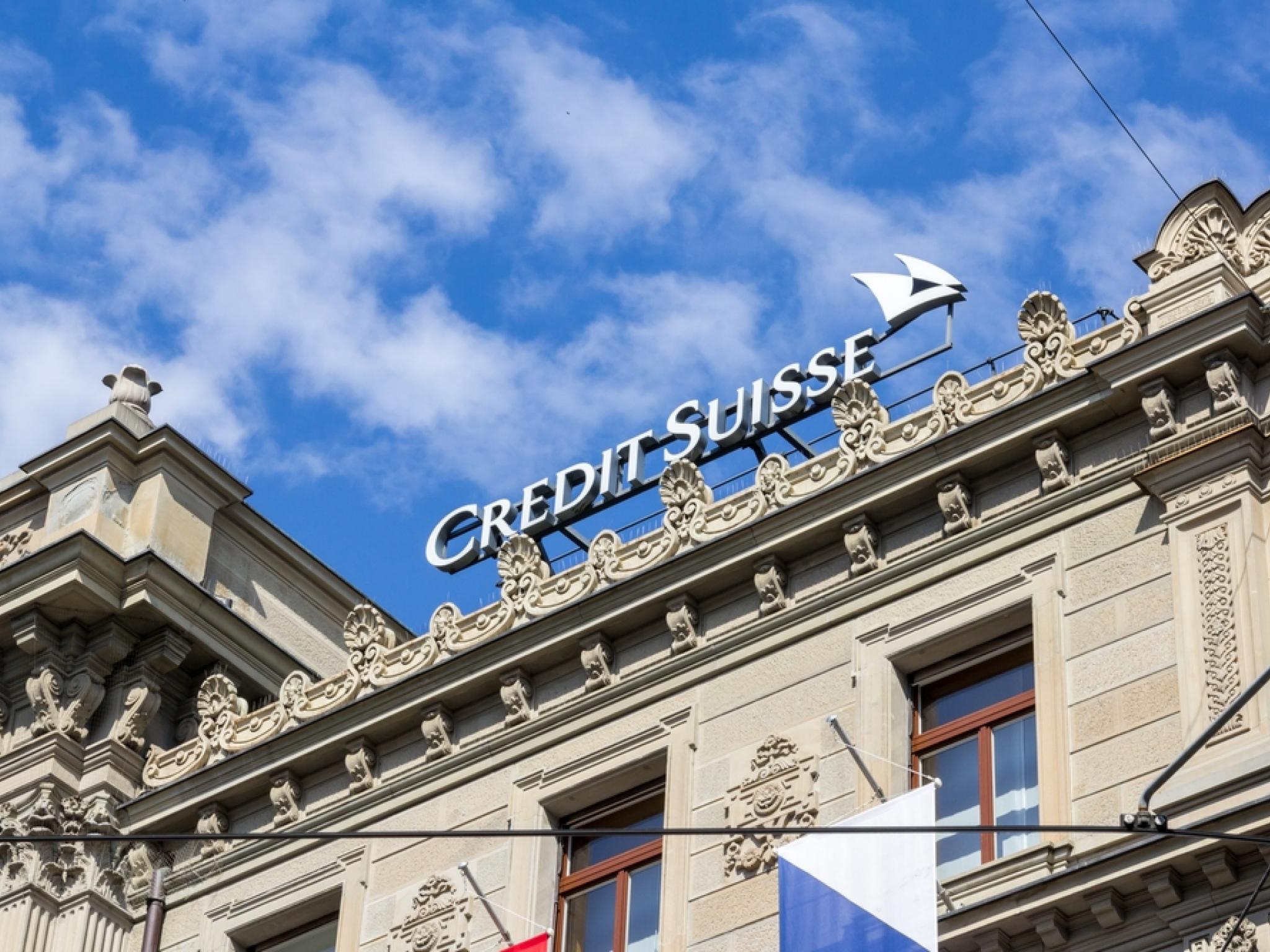
Credit Suisse Group AG (NYSE:CS) shares recovered early morning losses and traded higher by 2.4% on Monday following a report by the Financial Times that the Swiss bank has been reaching out to investors to reassure them about the bank's financial health.
One of the biggest red flags for investors was a spike in Credit Suisse's credit default swaps (CDS) on Friday. Here's what investors need to know about CDS and why it matters.
What Is A Credit Default Swap? CDS are derivatives that are essentially insurance for bondholders, so a pickup in CDS levels indicates investors are becoming worried about the safety of their investments. Lenders purchase CDS from investors who agree to pay the lender in the event the borrower defaults on its obligations.
CDS played a big role in the volatility in the housing market during the 2008 and 2009 financial crises. Contracts are customized among the debt issuer, the buyer and the seller. CDS trade over-the-counter in an illiquid and relatively opaque market, making them difficult to track and regulate.
Following Friday's big move, Credit Suisse's CDS are now trading near their previous highs during the 2008 financial crisis, implying the bank has a high risk of default.
How Does A Credit Default Swap Work? Banks like Credit Suisse often sell bonds to investors to raise capital to invest in their business. These bonds are essentially like loans. Over time, the bond buyer is paid back the principal and interest on their investment. However, if the company selling the bonds becomes financially insolvent, it may not be able to pay back the full amount it owes to its bondholders. To help manage that risk, bondholders will buy CDS to transfer the risk to the CDS seller.
Related Link: Cathie Wood Says Credit Default Swap Market Is Extremely Bearish As ARKK Fund Drops Another 8%
Much like insurance, the CDS buyer pays the CDS seller until the contract's maturity date. CDS payouts are triggered by a credit event specified in the contract. These credit events can include default by the bond issuer, a failure to make payments on the bonds, a restructuring of the underlying bonds or actions taken by a government or regulator that impact the contract.
Why It's Important: If CDS on Credit Suisse's debt gets too expensive, investors may be unwilling to purchase the company's debt, making it difficult and/or costly for the bank to come up with the capital it needs.
Credit Suisse said Sunday that is has nearly $100 billion in capital as a buffer and it expects to maintain a 13% to 14% ratio for its highest quality equity capital through at least the end of 2022.
Benzinga's Take: Regardless of whether or not the spike in CDS rates means Credit Suisse is truly at risk of a default, the stock has been horribly managed over the past decade and has been an absolutely terrible long-term investment. Over the past 10 years, Credit Suisse shares are down 81.9% while the SPDR S&P Bank ETF (NYSE:KBE) is up 91.9% in that time.
Photo: YueStock via Shutterstock







